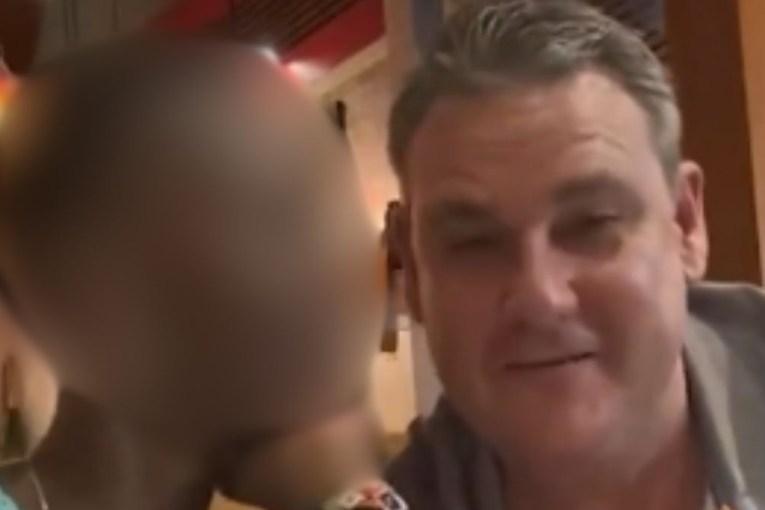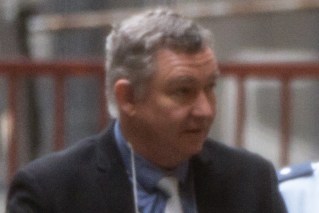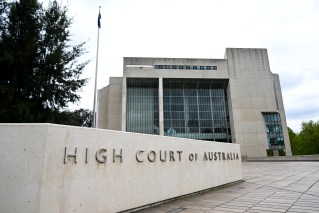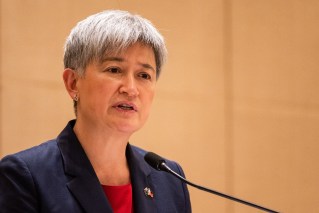‘Reasonable doubt’ of Kathleen Folbigg’s guilt, inquiry told
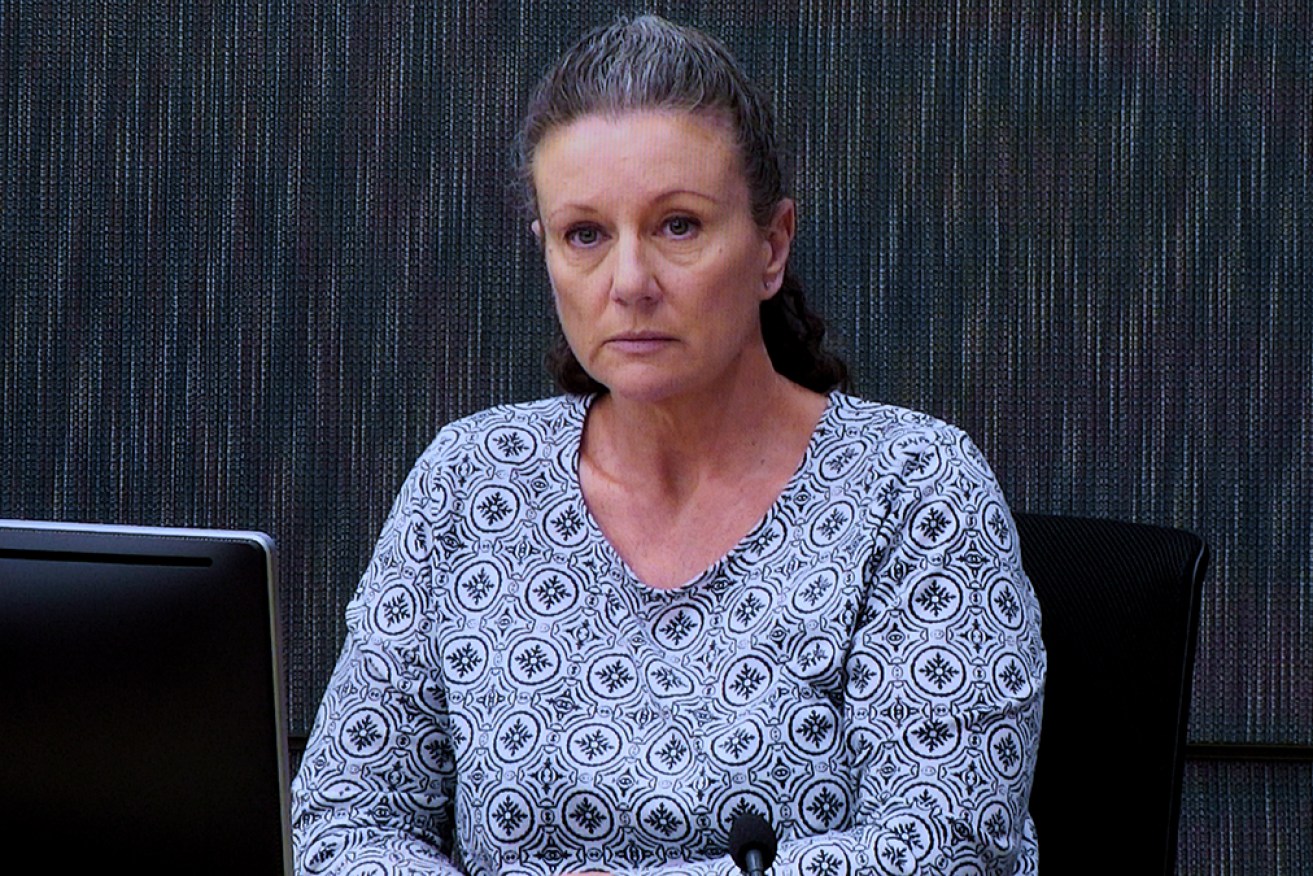
Kathleen Folbigg has spent her first night of freedom on a farm in northern NSW celebrating with friends after 20 years in jail. Photo: AAP
There is reasonable doubt Kathleen Folbigg is guilty of killing her four children, says the senior barrister assisting an inquiry into her convictions.
Former NSW chief justice Tom Bathurst KC began hearing closing submissions on Wednesday.
“On the whole of the body of evidence before this inquiry there is a reasonable doubt as to Ms Folbigg’s guilt,” counsel assisting Sophie Callan SC said.
Mr Bathurst will report to the governor on whether to exercise the royal prerogative of mercy, a power the Department of Communities and Justice describes as “rare and exceptional”.
Folbigg’s case is similarly rare and exceptional.
The 55-year-old is serving a 25-year minimum sentence, found guilty in 2003 of three counts of murder and one of manslaughter.
Folbigg maintains her innocence, claiming her four babies – Caleb, Patrick, Sarah and Laura – died of natural causes between 1989 and 1999.
Rare genetic variants later identified in Folbigg and her daughters triggered the second inquiry into her conviction not long after a 2019 examination.
The CALM2-G114R variant impacting the calcium-binding calmodulin protein was a “reasonably possible cause” of Sarah and Laura’s deaths, according to cardiology and genetics experts.
Myocarditis, an inflammation of the heart, was another possible cause of Laura’s death.
Patrick may have died from a neurogenetic disorder, which could have hospitalised him before his death, experts told the inquiry.
Reasonable hypotheses on their deaths undermine the tendency reasoning used to convict Folbigg of Caleb’s manslaughter.
“The cause of Caleb’s death at 19 days remains undetermined,” Ms Callan said.
Folbigg’s journal entries were presented as admissions in the circumstantial case at trial, but expert psychological evidence “uniformly indicates that it would be unreliable to interpret the entries in this way”, Ms Callan said.
Folbigg consistently explained to police and a previous inquiry the entries reflected feelings of failure as a mother after the deaths of three of her children.
In one entry, she fears “it happening again”, but that does not suggest she played a hand in “it”, Ms Callan said.
Folbigg’s ex-husband’s barrister, Peter Hastings KC, disagreed.
“The diaries are admissions,” Mr Hastings submitted.
“The interpretation which fits that perfectly is ‘it’ is a reference to her inability to maintain control and lose her temper.”
Folbigg did not record curiosity about how her children died in the journal entries, Mr Hastings said, drawing an “obvious inference” why.
“Because she knew, because she was responsible,” he said.
Although there was no direct evidence Folbigg killed her children, the entries contained contemporaneous insight into her state of mind and should not be dismissed, he said.
Folbigg’s barrister Robert Cavanagh said Mr Hastings’ submissions were “Victorian”.
“His submissions are that a woman should behave in a particular way and not express anger,” he said.
Dr Cavanagh “strongly supported” Ms Callan’s submissions and supported the expert evidence regarding her diary entries.
“Your Honour is the first one to properly consider such evidence and Ms Folbigg is cognisant of that fact,” he said.
Guilt and self-blame were typical for someone suffering a major depressive disorder and “maternal grief” after successive deaths of their children, the inquiry heard.
“This casts Ms Folbigg’s expressions of guilt and responsibility for the deaths of her children in her diary and journal entries in a very different light,” Ms Callan said.
Overall, the evidence undermined the journal entries, tending to render them neutral, she said.
The Director of Public Prosecutions accepts the inquiry could find a reasonable doubt about Folbigg’s guilt.
Closing submissions continue on Thursday.
-AAP
